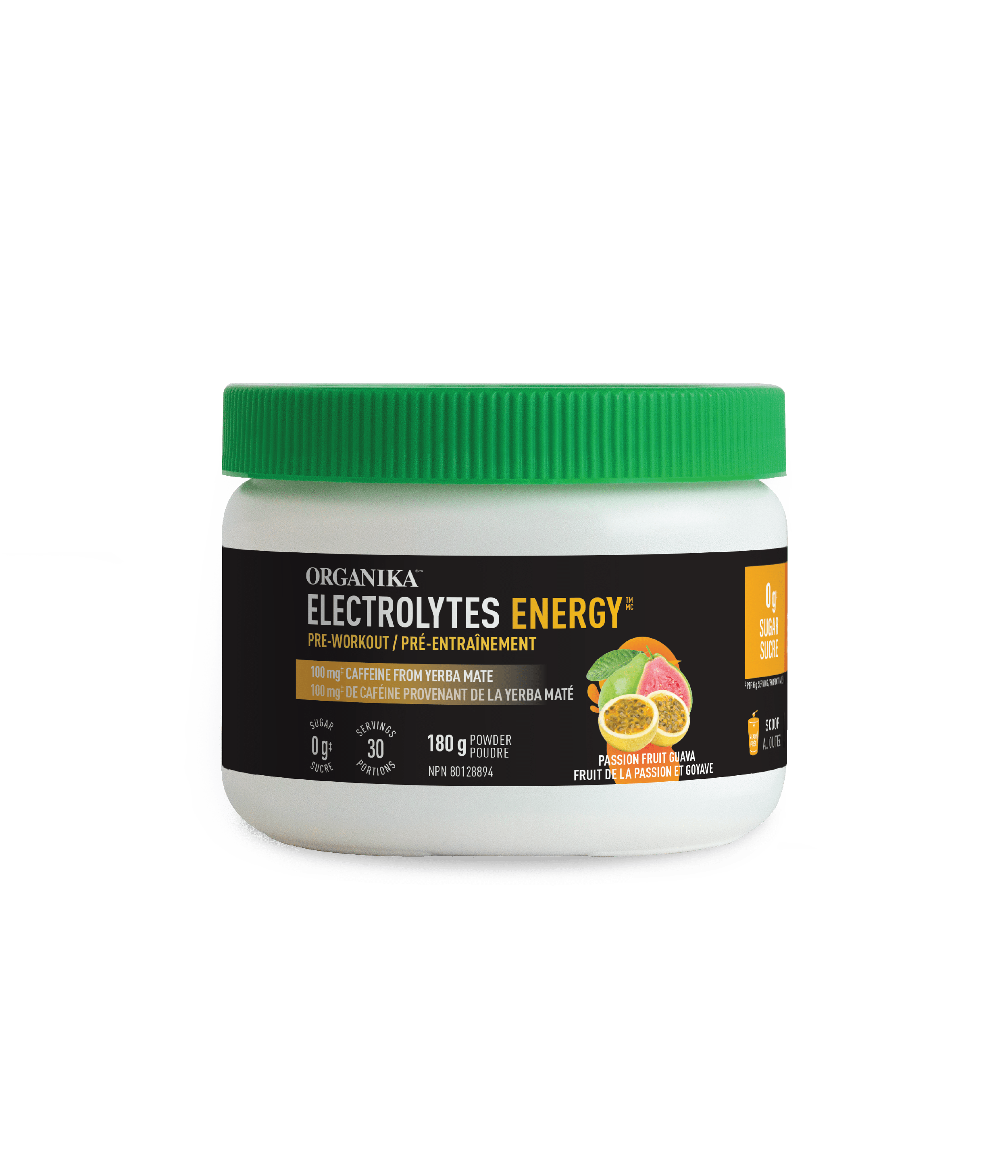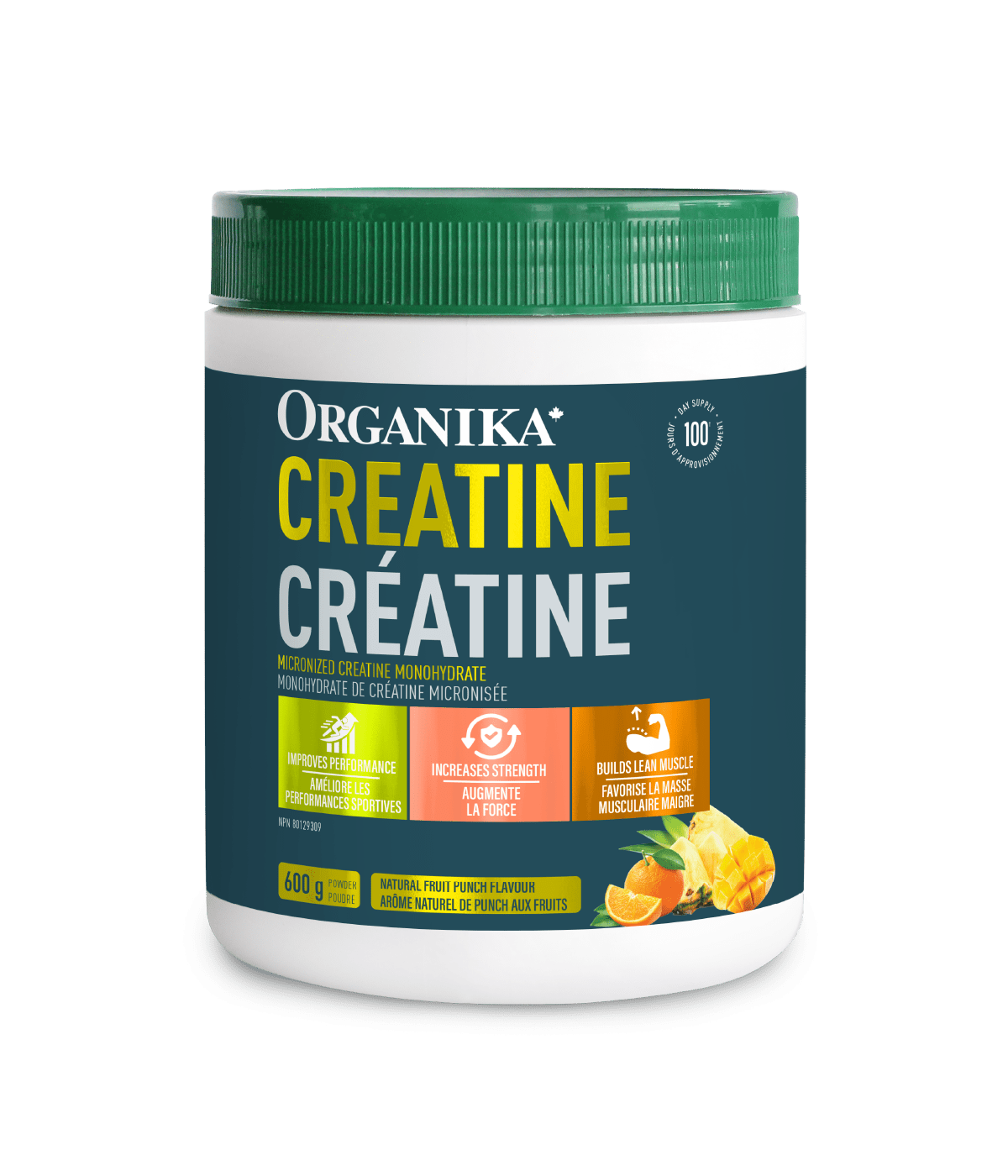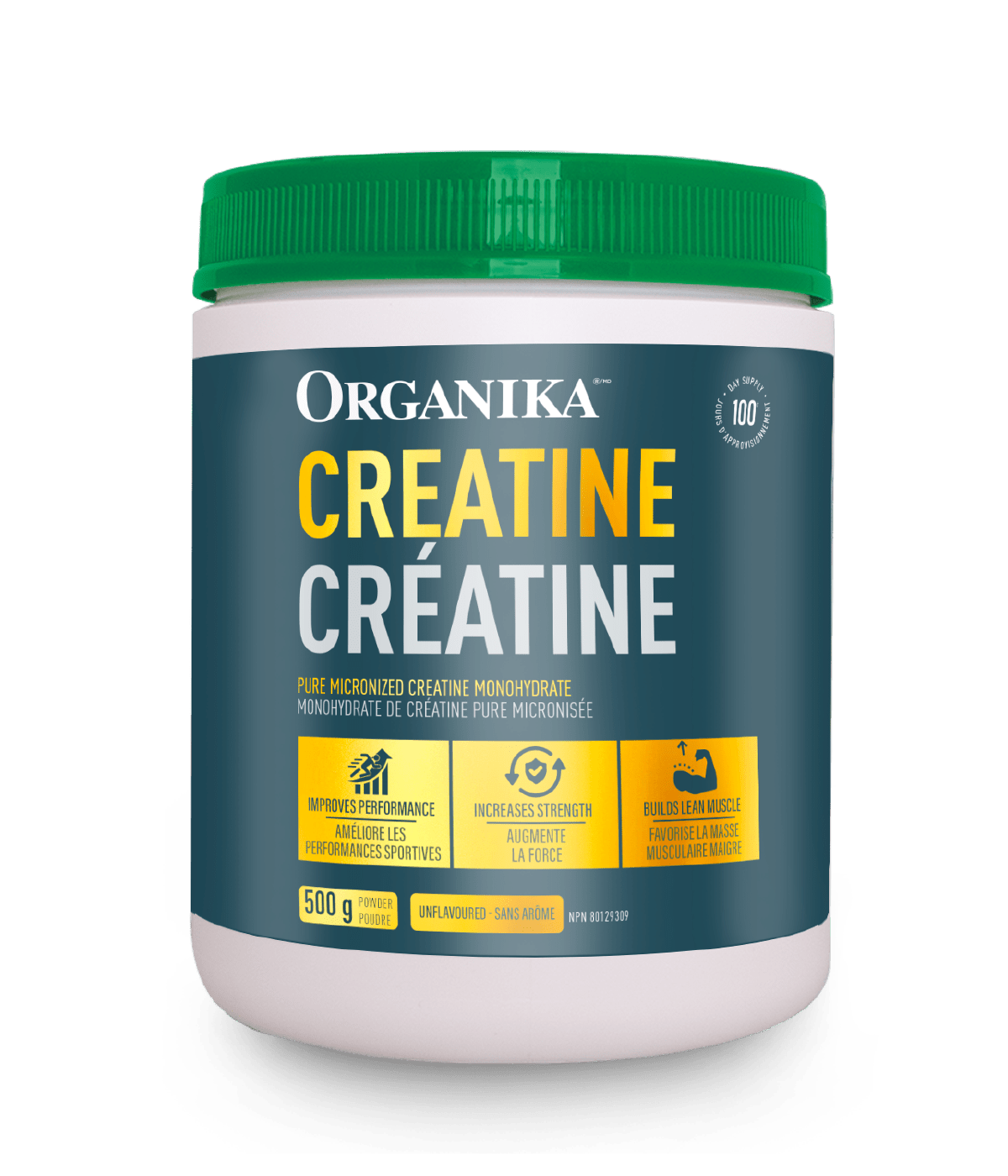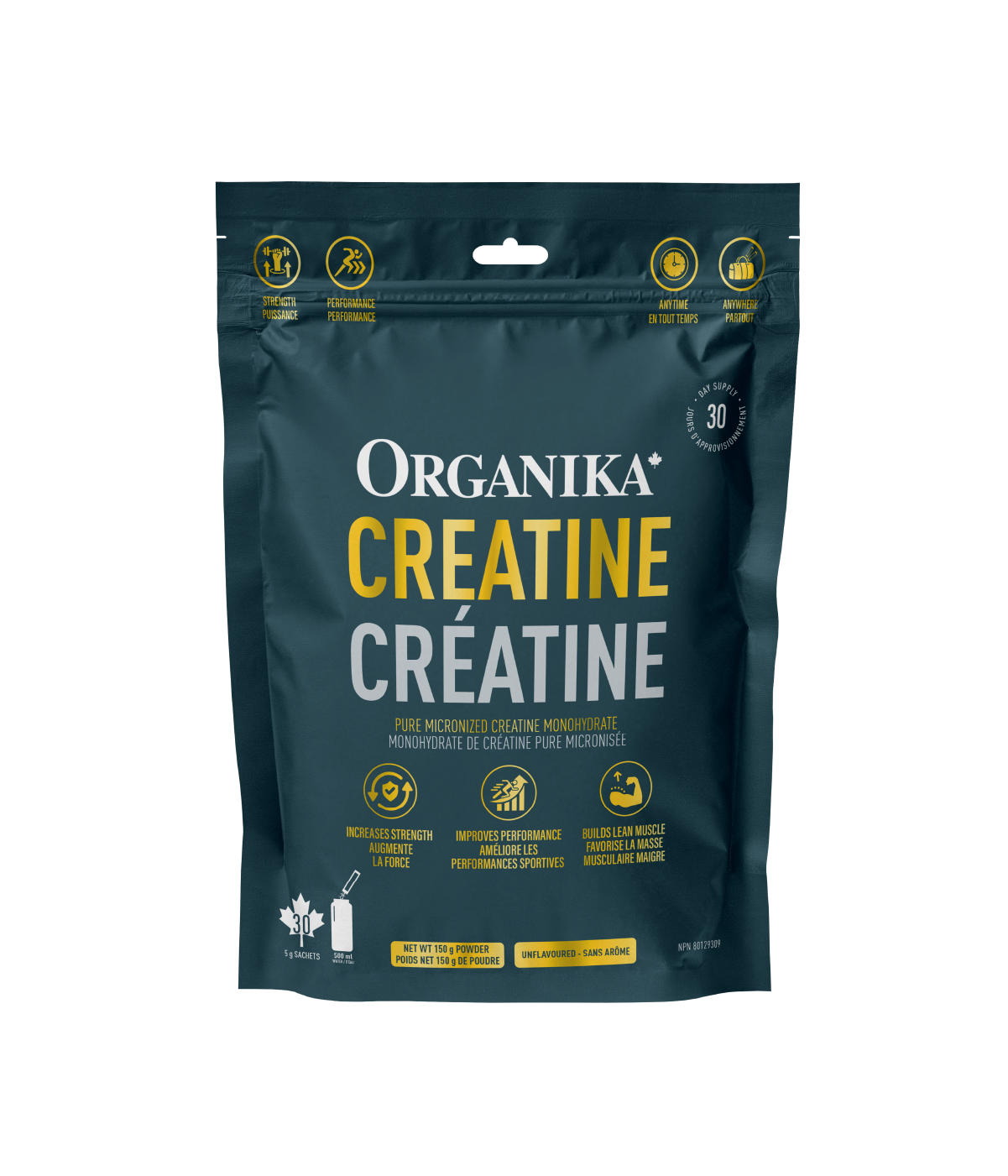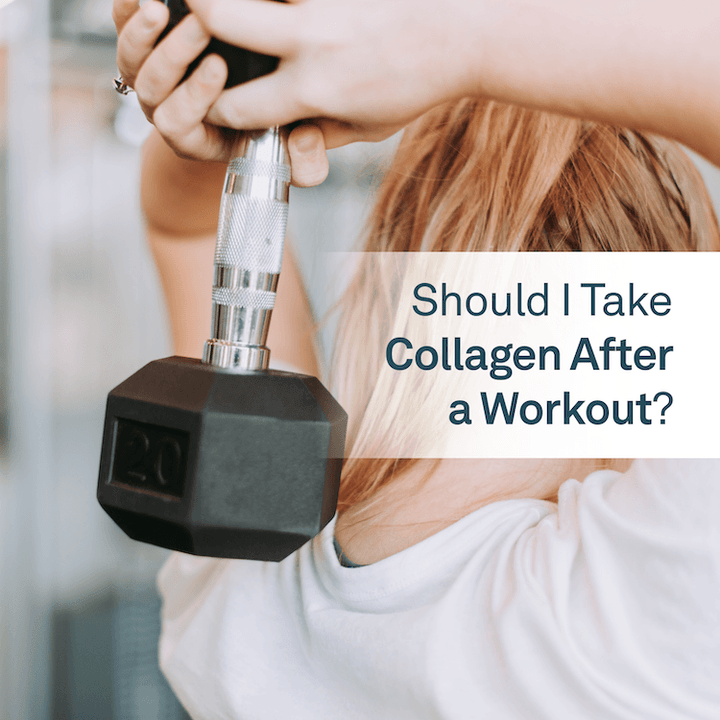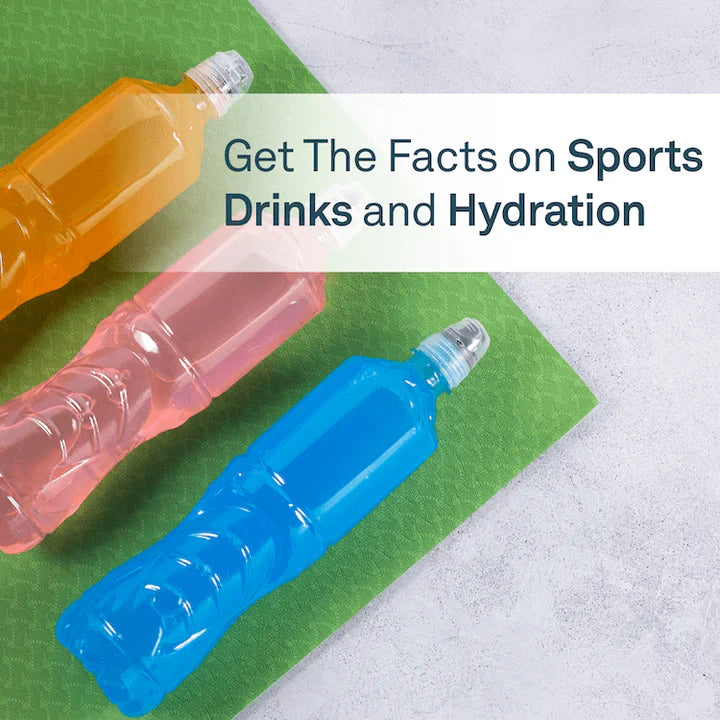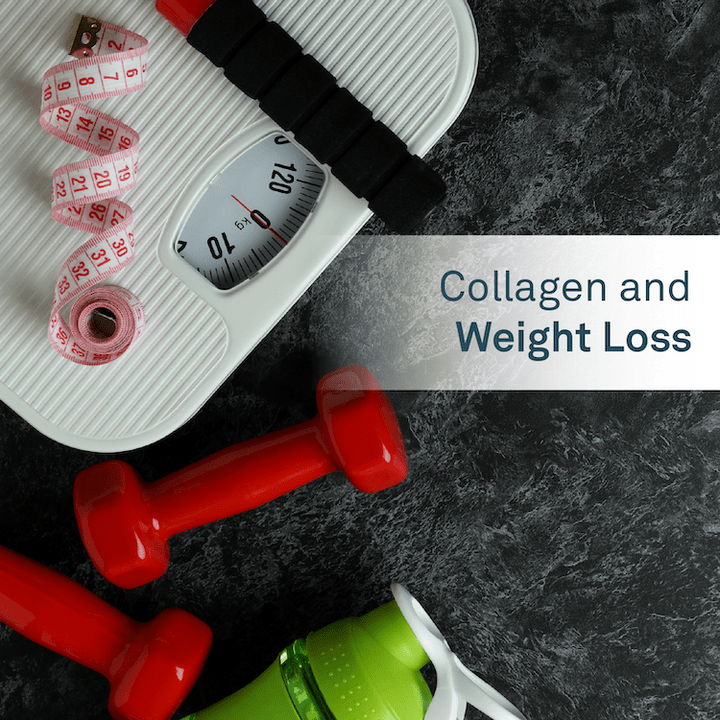Supplement Facts
For anyone looking to train harder, recover faster and build real muscle, this pure creatine monohydrate in easy-to-take capsules delivers proven support
Ask Away
We’ve got the FAQs covered. But if you’re still stuck, we’re only a message away.
Get in TouchWhat is creatine, and how does it work?
Creatine is a naturally occurring compound found in certain foods and is also synthesized in our body, primarily in the liver, kidneys, and pancreas. Most of the creatine in the body is stored in muscles. Athletes use this in the form of a dietary supplement due to its ability to enhance physical performance and muscle growth.
Who can benefit from taking creatine capsules vs powder? Are creatine capsules better than creatine powder?
Definitely for convenience as you can just consume/take without the need to prep in water or such. Usually capsules are easier to carry around, in comparison to their powder form. Finally, some people don't like the taste of creatine, so having it in capsule form can be a better alternative. Are creatine capsules better than powder? Although they both function the same, it's just a matter of preference.
Do I need to load creatine when using capsules?
No you do not need to load creatine when using capsules. Also, the recommended intake amount is 3-5 capsules 2 times per day. (Each capsule is 500mg of creatine).
Can I take creatine capsules on rest days?
You absolutely can! There is no reason to not take it on your rest day. Creatine effectiveness is based on consistency. By maintaining a consistent intake, it can lead to improved performance and recovery.
When is the best time to take creatine capsules?
Post workout is the best as it may reduce muscle fatigue but also increase creatine uptake in the muscles. The next best time would be to have it pre workout, to get that burst of energy when exercising.
How long does it take to see results from creatine capsules?
Use for at least 4 weeks before seeing results.
Are creatine capsules safe to use long-term?
Yes, it is safe, if you are following the recommended dose.
Can creatine capsules cause water retention or bloating?
Yes, there is a possibility that this product can cause water retention or bloating. Creatine is an active substance that draws water into the muscle via osmosis. This imbalance of water will eventually lead to an increase of water consumption. It is also worth noting that while using this product, you may gain weight.
Do creatine capsules have any side effects?
Low side effects, as this product is usually safe if taken in recommended doses. However, you may experience water bloating or retention as you take higher concentrated amounts.
Can vegetarians and vegans take creatine capsules?
Yes, as creatine monohydrate is usually synthetically made, it will be vegetarian and vegan friendly.
Are creatine capsules suitable for women?
Creatine capsules are not gender specific nor induce any hormonal effects. However, it is worth noting that you should ask a health care practitioner/provider before use if you are pregnant or breastfeeding.
Should I take creatine capsules with food or on an empty stomach?
Both are an okay option; however, it is better to take along with food as it can increase absorption. This can also reduce digestive issues if you are taking it on an empty stomach.
Can I combine creatine capsules with other supplements?
Yes, Creatine capsules or supplements in general are very versatile and can be taken with other performance enhancing supplements.






















